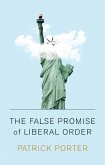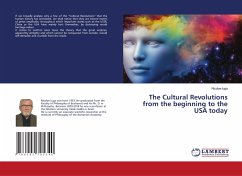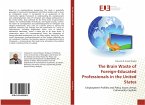In 'The Promise of American Life,' Herbert David Croly articulates a vision of American democracy that intertwines the ideals of individualism and collective responsibility. Written in 1909, the book employs a blend of progressive thought and cultural analysis, presenting a compelling critique of laissez-faire capitalism while advocating for a more interventionist role of the state in ensuring social equity. Croly's literary style is characterized by its incisive prose and philosophical depth, positioning it within the context of the early 20th-century progressive movement, which sought to address the challenges of modernity and industrialization in America. Herbert David Croly, the co-founder of the New Republic and an influential journalist, was deeply embedded in the socio-political currents of his time. His experiences as a political thinker and observer of American society informed his desire to reconcile the values of freedom and democracy with the realities of an increasingly complex world. Croly's intellectual background, influenced by pragmatism and social reform, shaped his argument that true American promise relies on the active engagement of citizens and their government. For readers interested in the foundations of American political thought and the evolution of progressive ideology, 'The Promise of American Life' is an essential text. Croly's insights remain remarkably relevant, inviting contemporary audiences to reflect on the balance between individual rights and communal responsibilities in the ongoing pursuit of a more equitable society.








